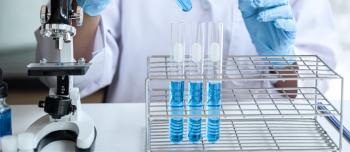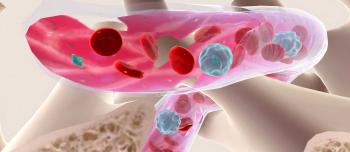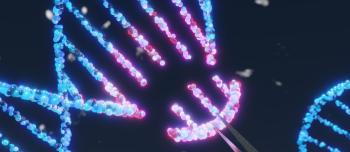Catalyst Biosciences, Inc. recently released an update relevant to an ongoing Phase 1/2 clinical trial for CB 2679d/ISU304, the company’s investigational therapy for the treatment of patients with severe hemophilia B/factor IX (FIX) deficiency. Catalyst develops its therapies using engineered proteases, enzymes that increase the rate of chemical reactions within cells. These proteases can target the proteins associated with certain underlying diseases and conditions, such as FIX.
The most recent updates on the trial, which is currently being conducted at three centers in South Korea, includes reports of antibody responses to FIX in a sixth cohort (group) which was subsequently added to the trial in April 2018. In this group each patient receives a single intravenous dose of CB 2679d/ISU304, followed by nine daily subcutaneous doses, starting half an hour after the intravenous dose. To date, Cohort 6 has shown “promising efficacy” in the two patients that are thus far enrolled – the company aims to enroll three to five in all.
As reported in a recent press release, the immune system responses observed in this cohort were observed in blood samples drawn from the two patients showing the presence of a transient neutralizing antibody in one and a neutralizing antibody in the second.
According to Catalyst, the antibodies did not bind to wildtype FIX allowing both patients to successfully resume treatment with their prescribed intravenous FIX prophylaxis therapies; the patients have not experienced any bleeds or other safety issues and are being closely monitored. Lastly, prior to Cohort 6, no CB 2679d/ISU304 neutralizing antibodies had been detected in any of the patients treated with CB 2679d/ISU304, including both patients in Cohort 6 who had also participated in Cohort 5. Catalyst is conducting an analysis to assess the cause and impact of the antibody observations prior to dosing any further subjects in Cohort 6.
“The most recent data from the ongoing Phase 1/2 trial have demonstrated clinical proof of concept for subcutaneous dosing of a potent FIX as a treatment for hemophilia B. Patients in Cohort 6 of the trial were able to maintain factor IX levels over 30% which is at the upper end of mild hemophilia and higher than currently approved extended half-life (EHL) intravenous factor IXs,” said Nassim Usman, PhD, chief executive officer of Catalyst. “Our next steps will be to carefully identify the cause and nature of the antibodies and provide further updates once we have the results of our analysis.”
Source: Catalyst Biosciences press release dated June 18, 2018





